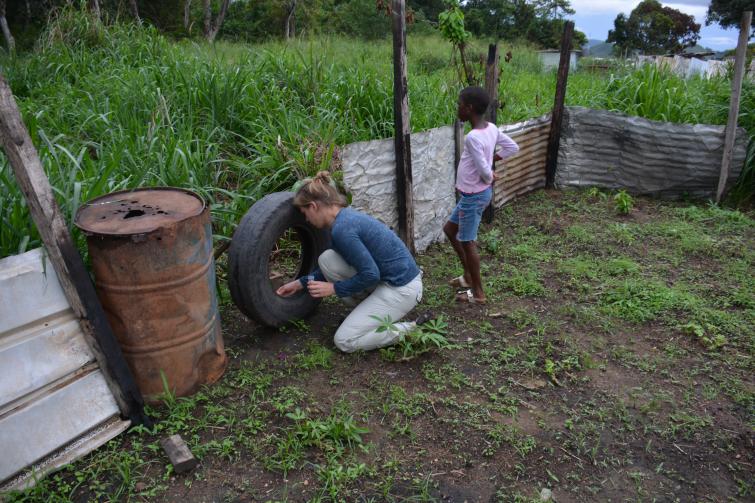
September 08, 2017
Bulletin interne de l'Institut Pasteur


Gut microbiota of mosquito larvae has an impact on adult insect's ability to transmit human pathogens
Researchers from the Institut Pasteur and CNRS, in collaboration with scientific teams from IRD, University Claude Bernard Lyon 1, and CIRMF in Gabon, have demonstrated that differential bacterial exposure during the development of mosquito larvae (Aedes aegypti) can have “carry-over” effects on adult traits related to an insect’s ability to be a successful vector of arboviruses. These results provide the first empirical proof of principle that the larval microbiota can modulate the ability of adult mosquitoes to transmit human pathogens. This study, published in the scientific journal Science Advances on August 16th 2017, represents an important step toward a more comprehensive understanding of how the environment shapes the risk of vector-borne disease.
